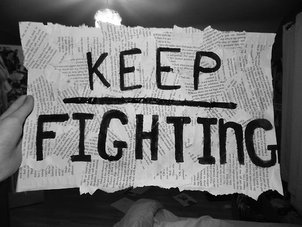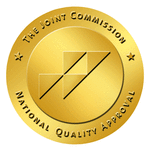
But what does “getting honest” really mean in recovery? Does it mean we just get honest with ourselves about our behavior? It goes much deeper than that: it is critical that you are honest in every aspect of your life. This does not mean you hurt people by saying things that are honest but not helpful. What it does mean is that you are honest where it counts – in your interactions with family, friends, and co-workers.
Honesty is very simple: you don’t lie, cheat, or steal. You don’t cheat on your taxes; you don’t cheat on your spouse. You don’t steal from your employer. Don’t scam your insurance company. Don’t lie to get financial benefits that aren’t due you.
When I hear someone in recovery doing something that isn’t above board, I cringe: I know this is a crack in the wall…and we all know how cracks grow.
Being honest doesn’t mean if your wife says, “Do I look fat in this dress?” You remark, “Well yes dear, you look like a beached whale.” Don’t mistake true, heartfelt honesty and integrity with not being socially tactful. Clearly, there is a time and place for everything, and sometimes our thoughts are better kept to ourselves.
When it comes to the integrity of our daily interactions, we know darn well when we aren’t being honest.




 RSS Feed
RSS Feed
